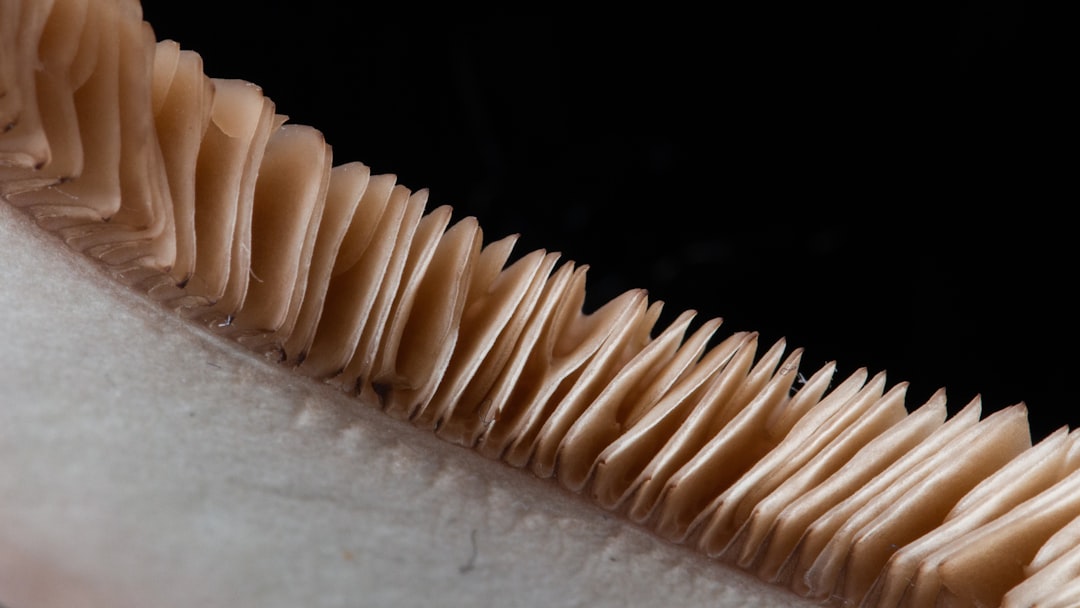Discover the best foods for managing diarrhea, including bland carbohydrates, hydrating broths, and probiotics, to aid quick recovery and comfort.
Diarrhea can be uncomfortable and disruptive, but certain foods can help manage symptoms effectively. In this article, we will explore the best foods for diarrhea and how they can aid recovery. From bland carbohydrates to specific fruits, understanding the right foods for diarrhea can lead to quicker relief.
Understanding Diarrhea
Diarrhea involves frequent, loose, or watery stools and can be caused by factors such as infections, food intolerances, or digestive disorders. It’s essential to focus on hydration and nutrition while recovering.
Best Foods for Diarrhea
To combat diarrhea, incorporating certain foods into your diet can help stabilize your digestive system. Here are some of the best options:
Bland Carbohydrates
Bland carbohydrates are easily digestible and provide necessary energy without aggravating the gastrointestinal tract. They can help firm up stools.
1. White Rice
White rice is a staple recommendation. Its low fiber content makes it gentle on the stomach while providing calories. To prepare, simply boil the rice and allow it to cool before consumption.
2. Plain Toast
Plain toast is another excellent choice. It offers carbohydrates without added toppings that might irritate your stomach. Opt for white bread, which is generally easier to digest.
3. Applesauce
Unsweetened applesauce contains pectin, which can help absorb excess liquid in the intestines. It is soothing and provides natural sugars for energy.
4. Bananas
Bananas are rich in potassium, an essential electrolyte lost during diarrhea. Their soluble fiber can help bind stool, making them an ideal food for diarrhea recovery.
Broths and Soups
Hydration is key during diarrhea. Broths and soups not only provide fluids but also deliver essential nutrients.
5. Clear Broth
Clear chicken or vegetable broth is beneficial due to its hydration properties. It can help replenish lost fluids and electrolytes without causing further irritation.
6. Bone Broth
Bone broth is nutrient-dense and supports gut health. It is easily digestible and soothing, making it a nourishing option during recovery.
Probiotic-Rich Foods
Probiotics support a healthy gut flora, which may be disrupted during diarrhea. Including probiotic-rich foods can help restore balance.
7. Yogurt
Plain yogurt with live and active cultures helps reintroduce beneficial bacteria into the gut. Choose varieties without added sugars and artificial flavors for the best effect.
8. Kefir
Kefir is a fermented dairy product packed with probiotics. Similar to yogurt, it promotes digestive health and can ease diarrhea symptoms effectively.
Cooked Vegetables
Certain cooked vegetables are gentle on the stomach and provide necessary vitamins and minerals during recovery.
9. Carrots
Cooked carrots are a good option as they are soft and rich in nutrients. They can help bulk up stool and offer a mild flavor that is easy on the palate.
10. Squash
Cooked squash, such as zucchini or butternut, is similarly beneficial. It is rich in vitamins and fiber, which can aid digestion when properly cooked.
Foods to Avoid During Diarrhea
While there are many foods beneficial for diarrhea, it is equally important to know which foods to avoid to prevent aggravation of symptoms.
Avoid These Foods
1. Dairy Products
Full-fat dairy products can worsen diarrhea for some individuals. It's advisable to limit milk, cheese, and ice cream until symptoms resolve.
2. Fatty Foods
Greasy and fried foods can irritate the digestive system. Such foods are harder to digest and can prolong diarrhea.
3. High-Fiber Foods
While fiber is generally healthy, high-fiber foods like whole grains and raw fruits can exacerbate diarrhea. Stick to low-fiber options during recovery.
4. Sugary Foods
Foods high in sugar, such as candies and sweets, can draw water into the intestines and worsen diarrhea. It is best to limit their intake.
When to Seek Medical Attention
If diarrhea persists for more than two days or is accompanied by severe symptoms such as high fever, dehydration, or blood in stool, it is crucial to consult a healthcare professional. Persistent diarrhea may indicate an underlying condition that requires treatment.
Conclusion
Managing diarrhea effectively involves knowing which foods can support your recovery. Focusing on bland carbohydrates, hydrating broths, and probiotic-rich options contributes to quicker healing. Remember to stay hydrated and avoid trigger foods. For any prolonged or severe symptoms, seek medical advice promptly.





